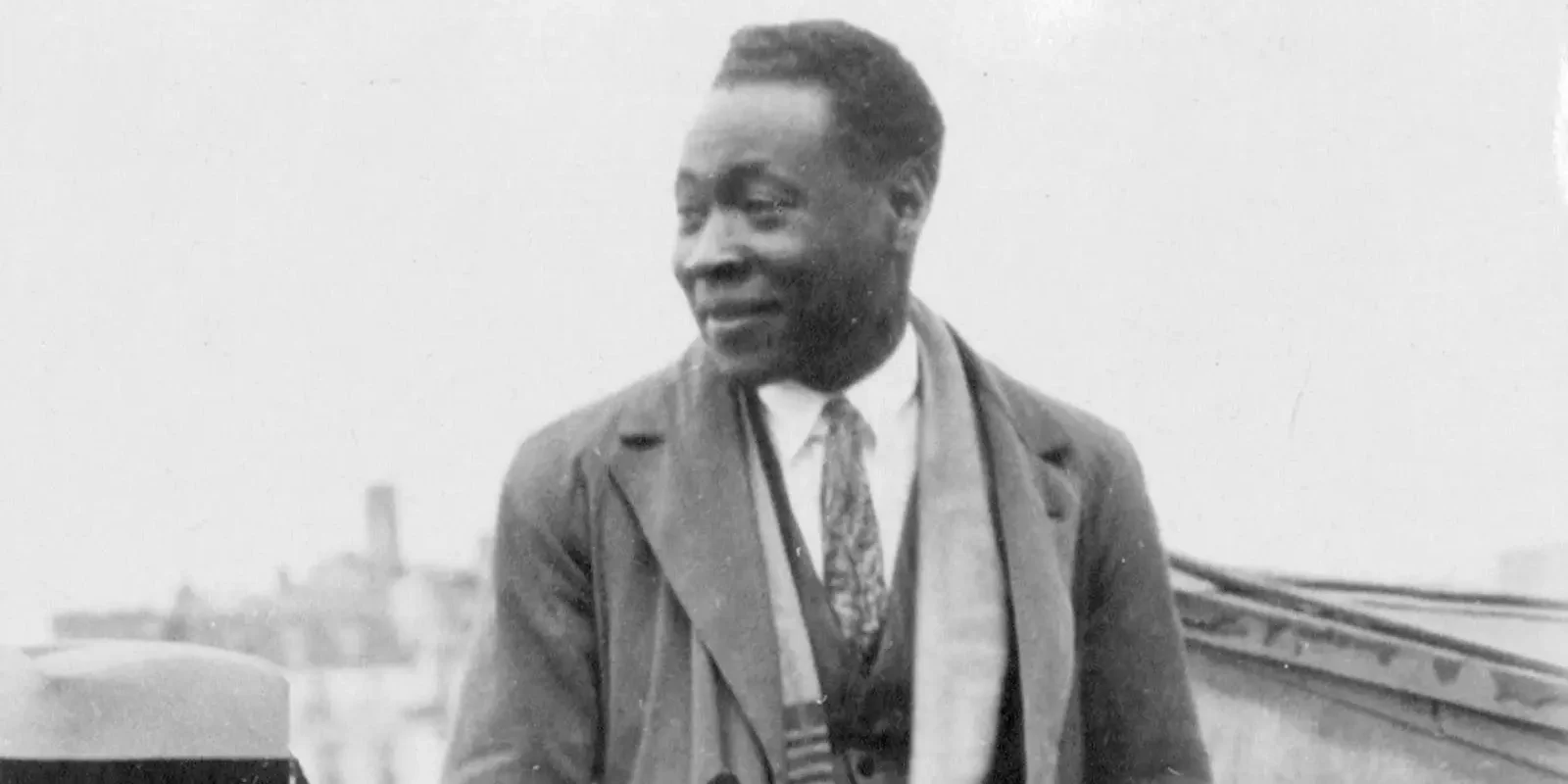A Look at Jamaican Literature and Famous Authors
Jamaican literature is a powerful reflection of the island’s rich history, culture, and struggles. Rooted in oral traditions, folklore, and a blend of African, European, and indigenous influences, it has evolved into a globally recognized body of work that highlights themes of identity, resistance, and resilience.
Early Voices and Oral Traditions
Jamaican storytelling traces back to the island’s African heritage, where oral traditions played a crucial role in preserving history and culture. Anansi stories—brought to Jamaica by enslaved Africans—became an essential part of folklore, blending humor and wit with lessons on survival and trickery. This tradition of storytelling laid the foundation for much of Jamaica’s literary identity.
Pioneers of Jamaican Literature
One of the earliest literary voices to gain international recognition was Claude McKay (1889–1948), a key figure in the Harlem Renaissance. His novel Banjo and poetry collection Songs of Jamaica captured the struggles of the Black experience, colonial oppression, and the longing for freedom. McKay’s work set the stage for future Jamaican writers to explore themes of race and migration.
Another pivotal figure is Louise Bennett-Coverley (1919–2006), known as “Miss Lou.” She revolutionized Jamaican poetry by embracing the local patois (Jamaican Creole), which was often dismissed in favor of Standard English. Through her performances and writings, such as Jamaica Labrish, she legitimized the nation’s dialect and culture, paving the way for its acceptance in literature and beyond.
Postcolonial and Contemporary Writers
As Jamaica gained independence in 1962, a new wave of writers emerged, exploring national identity, politics, and postcolonial realities. Roger Mais (1905–1955), in novels like Brother Man, depicted the struggles of the working class and the influence of Rastafarianism.
Olive Senior, an acclaimed poet and short story writer, delves into themes of gender, heritage, and migration. Her collection Summer Lightning and Other Stories captures the complexities of Caribbean childhood and social change.
Marlon James, one of Jamaica’s most celebrated contemporary authors, won the Man Booker Prize for A Brief History of Seven Killings. His storytelling, often dark and intricate, brings global attention to Jamaican history, politics, and crime.
The Influence of Jamaican Literature Today
Jamaican literature continues to shape global narratives, influencing music, film, and art. Writers experiment with language, merging patois with English, and addressing issues like identity, migration, and colonial history. With the global rise of Caribbean voices in literature, Jamaican authors remain central to the region’s literary power.
As new generations of writers emerge, Jamaica’s literary tradition stands strong, proving that its stories—rooted in struggle, resilience, and cultural pride—will continue to captivate and inspire readers worldwide.









